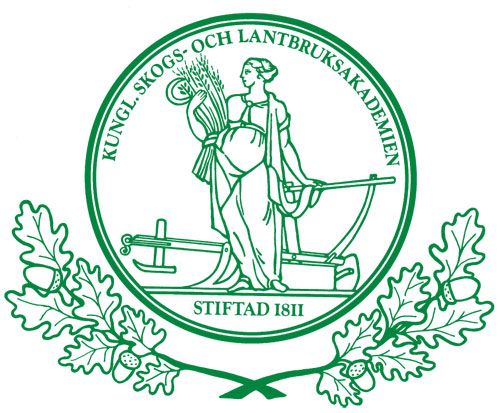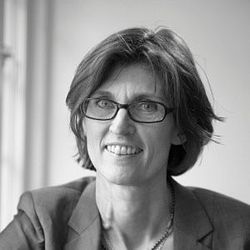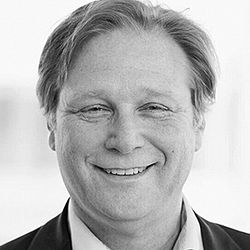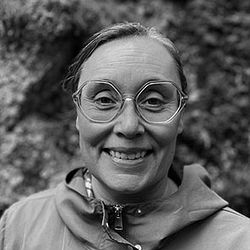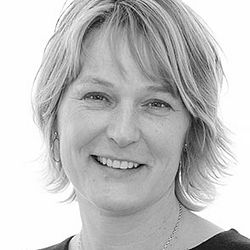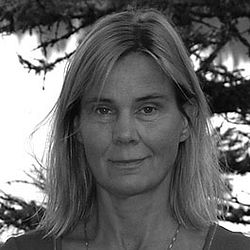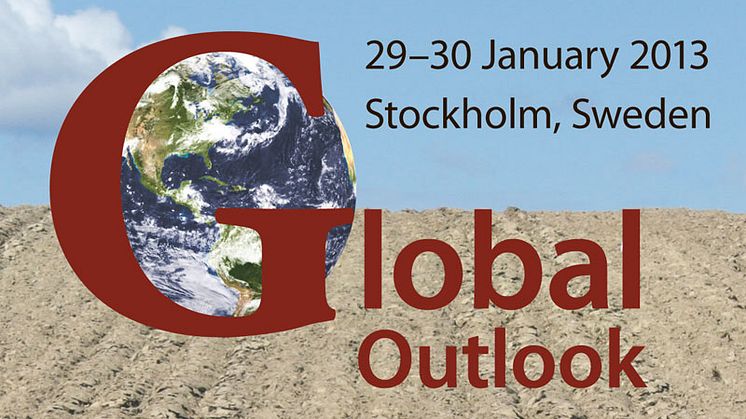
Pressmeddelande -
Global Outlook – om konkurrensen om mark och vatten
With an expected world population of 9 billion people in 2050, the global need for Food, Feed, Fibre and Fuel has become a matter of high political concern. In order to satisfy the ever increasing needs of “the four Fs”, there will be a progressively severe competition for limited land and water resources. This will be highlighted from four different perspectives:
Agricultural policies over the past 40 years – three cases (29 Jan 9.30–12.30)
The overarching goal of this session is to draw attention to the political aspects of farming, emphasizing that policies are as important for development and increasing production as are for example good soil conditions. Three cases have been chosen to illustrate different courses of development during the last 40 years: the EU, the US and New Zealand.
Speakers:
The EU’s Common Agricultural Policy, 1973-2013: A policy reformed, or just more of the same?
Professor Alan Swinbank, University of Reading, United Kingdom
Cultivating Conflict and Change: The Contours of U.S. Agricultural Policy
Professor Bill Winders, Georgia Institute of Technology, USA
Agricultural Policies in New Zealand - taking advantage of the global knowledge economy
Dr. Philipp Aerni, Swiss Federal Institute of Technology Zurich, Switzerland
Moderator: Professor Mats Morell, Stockholm university
Opportunities and challenges for farmers, researchers and business in the agricultural sector (29 Jan 14.00–17.00)
To feed an ever growing global population we will need 70 percent more food by 2050. This we have to achieve from less land, while at the same time reducing our use of resources such as fossil energy, fertilizers and plant protection systems. This session, however, will focus on the farmer’s challenge to produce a range of crops, livestock and biomass in the sustainable way that is needed in respect to the generations to come.
Speakers:
Global agricultural policy from a farm gate perspective.
Professor Robert Thompson, University of Georgetown, USA
New targets for plant breeding and the challenge of sustainable intensification.
Professor John Pickett, Rothamsted Research, United Kingdom
The consumer perspective – not just market solutions.
EU Parlamentarian Marit Paulsen, Sweden
A farmer’s perspective.
Elisabeth Gauffin, Dairy farmer, Chairman of KRAV (the Swedish member organization of IFOAM, the International Federation of Organic Agriculture Movements), Sweden
Moderator: Dr. Bo Andersson, vice president of the Royal Swedish Academy och Agriculture and Forestry
Opportunities and challenges in the forestry sector (30 Jan 09.30–12.30)
The growing demand for wood fibre contributes to the pressure on the land resources. Currently, the growing demand is mainly seen in Asia and other growing economic regions of the developing world. In this context, investors are increasingly interested in Africa. In South America and Northern Europe the number of social conflicts is increasing.
Speakers:
A global overview: Is there enough land for food, fibre and fuel?
Professor Sten Nilsson, CEO, Forest Sector Insights AB, Sweden
Future development in Africa.
Professor August Temu, Deputy Director General, World Agroforestry Centre, Nairobi, Kenya
Future development in China.
Professor Jintao Xu, Natural Resource Economics, Department of Environmental Sciences, Peking University, China
Tenure and land use issues in industrial forestry: South America and the Nordic countries.
Professor Jan Erik Nylund, Swedish University of Agricultural Sciences, Uppsala, Sweden
Moderator: Dr. Björn Lundgren, Chairman of the Committee of International Forestry Issues, KSLA
From knowing to acting – paths to a sustainable future (30 Jan 14.00–17.00)
To create a sustainable future, scientists, economists, politicians and social scientists will need to work together with practitioners and local communities. Broad collaborations will be needed on the regional as well as the international arena. The concept of planetary boundaries sets the scene, and we need to find new, smarter and more efficient ways to give people better lives within nature’s limitations. Research and practical knowledge is the foundation, but it is worth nothing if not put to use.
Speakers:
Key-note address: Creating a Sustainable Future: How to get more out of less on this only one earth.
H.E. Dr. Jacques Diouf, Minister and Special Adviser of the President of the Republic, Senegal
Inspired by nature: How science and knowledge of nature’s own materials, methods and mechanisms can give us a sustainable future.
Professor Paul Alan Cox, Director, Institute of Ethnomedicine, Wyoming, USA
Knowing but not doing. Why changing is so hard even with abundant knowledge.
Professor Susan Baker, Cardiff University, United Kingdom
Moderator: Executive Director Johan Kuylenstierna, Stockholm Environment Institute
Venue: Norra Latin City Conference Center, Barnhusgatan 7b, Stockholm
More info: http://www.ksla.se/aktivitet/global-outlook/
WELCOME!
Ämnen
Kategorier
Regioner
Kungl. Skogs och Lantbruksakademiens uppgift är att med stöd av vetenskap och praktisk erfarenhet till samhällets gagn främja jordbruk och skogsbruk samt därmed knuten verksamhet.
